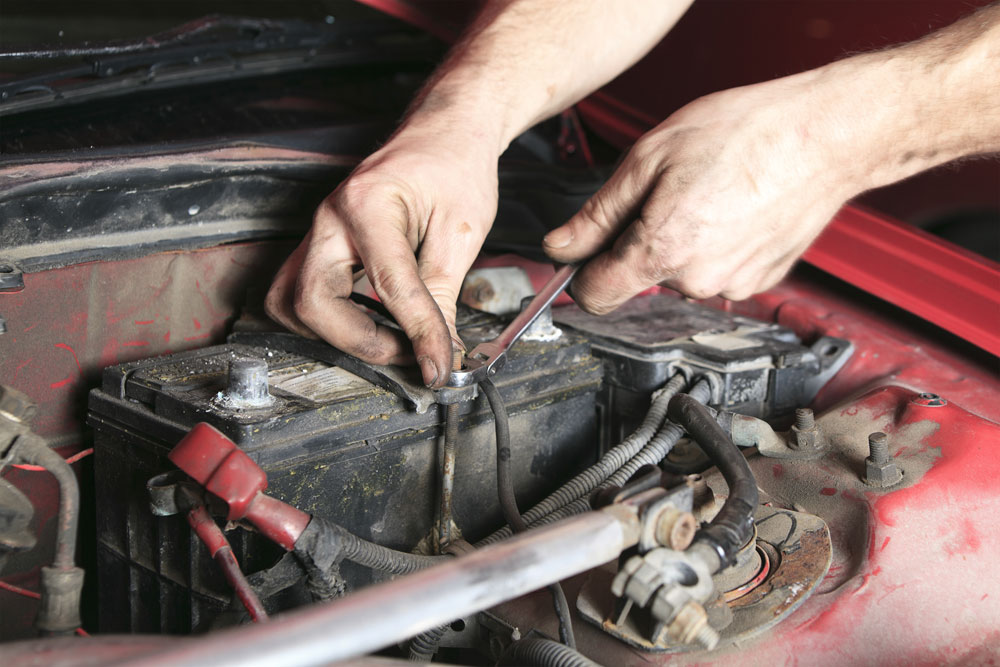There are four main things to consider when replacing your OEM (Original Equipment Manufacturer) batteries.
There are four main things to consider when replacing your OEM (Original Equipment Manufacturer) batteries. Since private and commercial vehicles come from the manufacturer with flooded cell batteries, replacing with flooded cell batteries is perfectly fine.
Price: Have your OEM batteries performed well for you? If so then it likely makes the most business sense to save as much money as possible and replace your current batteries with flooded cell batteries. If you are interested in gel-cell or AGM batteries then prepare to spend a fair amount more. You have to make the decision if the benefits outweigh the cost.
Size: What are the dimensions of your OEM batteries? This is where the Battery Council International (BCI) Group Numbers come into the equation. Measure the batteries height, length and width to determine the size that will fit in your batterys
Power: What are the power requirements of your vehicle? Here there are two points to consider. First is starting power or cold cranking amps (CCA). Remember from earlier in the article the BCI defined it as the number of amperes a lead-acid battery at 0? F can deliver for 30 seconds and maintain at least 1.2 volts per cell which equals 7.2 volts for a 12-volt lead-acid battery. In general the higher the CCA number, the greater the starting power of the battery. You should never use a battery with a lower CCA rating than your truck manufacturers recommendation as this can damage electrical components such as the starter. Be thoughtful if choosing a battery with a CCA number higher than necessary for your operation. While a higher CCA does provide greater starting power that might be needed in extreme conditions, in some BCI group number sizes this also reduces the amount of acid in the battery which can reduce battery life. The second point to consider is the reserve capacity. As our power demands increase so does the need for better reserve capacity. This is also important with the anti-idling laws unless you have an APU to power your creature comforts during your line 1 time. In general the higher the minute rating, the greater the batterys ability to run your electrical components without the engine running, before needing to be recharged.
Warranty: What type of warranty is important to you? All battery manufacturers provide a warranty on their batteries, but like batteries, all warranties are not equal. Know what is important to you, read the fine print and make a business smart decision.







